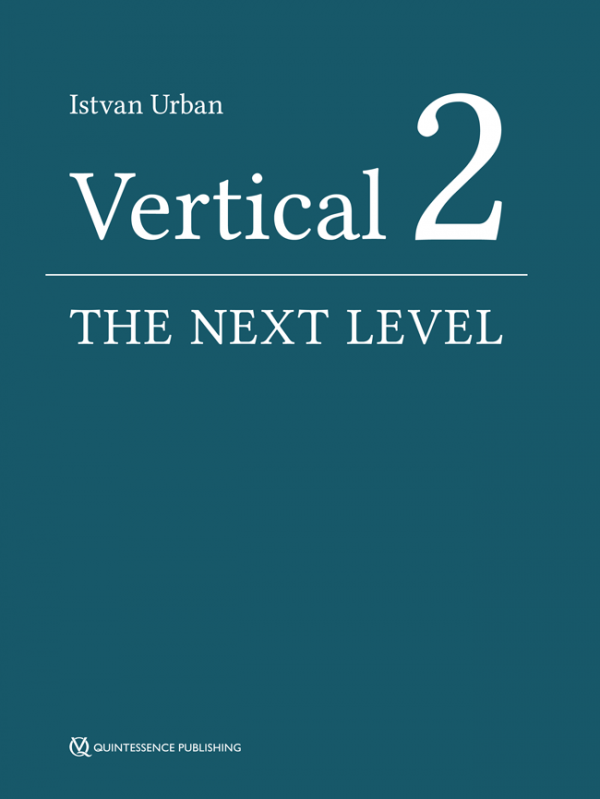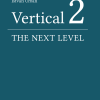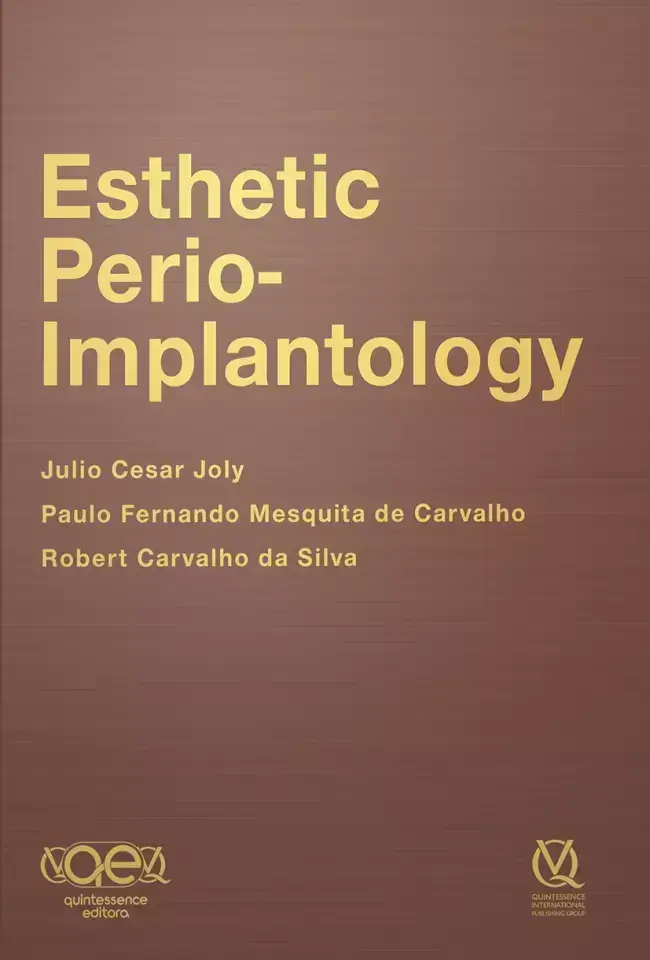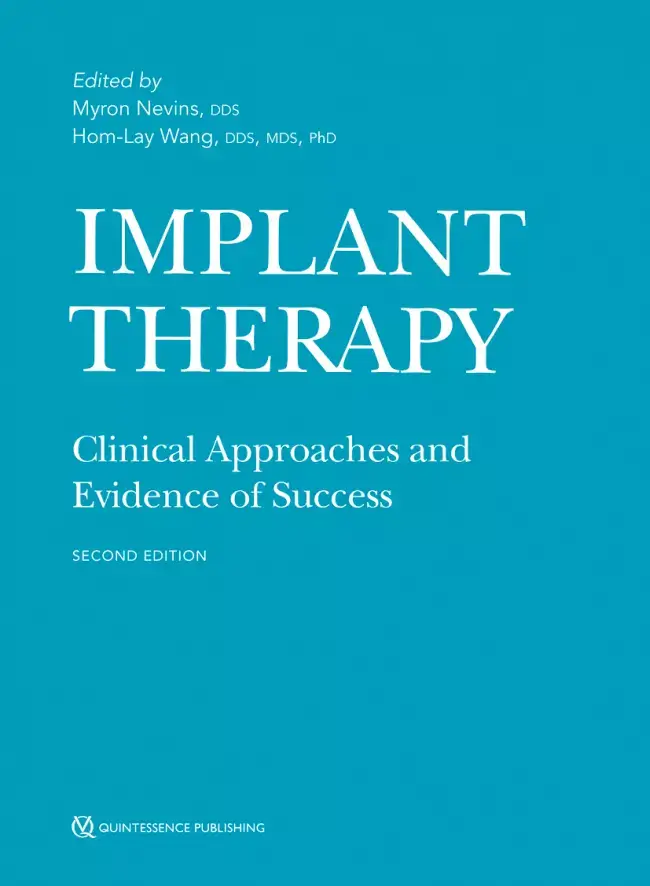Description
In the author’s bestselling first book, Vertical and Horizontal Ridge Augmentation: New Perspectives, published by Quintessence in 2017 and translated into 12 languages, the guided bone regeneration (GBR) technique was described in detail. This new publication, Vertical 2: The Next Level of Hard and Soft Tissue Augmentation, is a continuation of that book but at a more advanced level. Now, the author delves into the details where the devil lives, and shares information that has never been revealed before on the topic of vertical ridge augmentation. It is important to read this book armed with the knowledge from the first book as you will need it on this second journey with him.
A major part of this book comprises full-color, step-by-step images of patient cases. At times, reading it is like watching a surgical video, where the author ‘stops the video’ to discuss with you, the reader, what he is thinking and doing at that step, what his next step will be, and the reason for it.
Included again are the well-appreciated ‘Lessons learned’ sections, where the learning objectives are emphasized and further notes given, including ways to further improve the techniques. The section on the mandible is more detailed in this book, with the focus on larger defects and the different surgical steps in native, fibrotic, and scarred tissue types around the mental nerve during flap advancement.
In addition, light is shed on the detail in treating the anterior maxilla, which has not been published previously. It includes treatment options such as the fast track, the safe track, and the technical track of soft tissue reconstruction in conjunction with bone grafting as well as papilla reconstructions after bone regeneration. The section on the posterior maxilla hopes to resolve issues such as the management and complications of combined ridge and sinus grafting, including difficulties such as the lack of buccal, crestal or nasal bony walls of the posterior maxilla before bone grafting.
In this must-have new publication, the procedures are kept simple, repeatable, and biologically sound. The techniques presented are not overcomplicated; they are simple treatment strategies with lower complication rates and more predictability in the final outcome.






Reviews
There are no reviews yet.